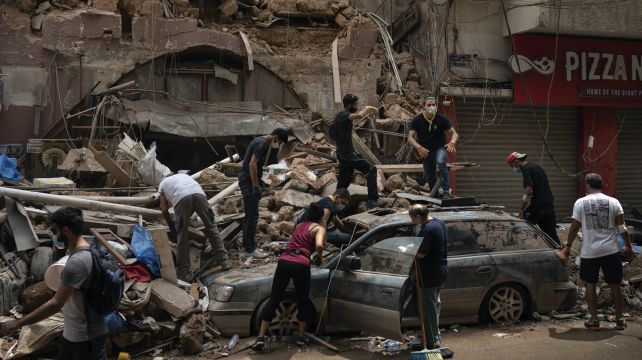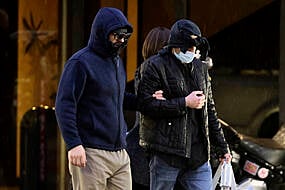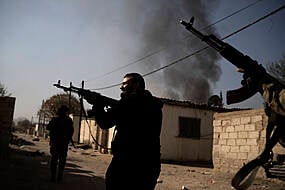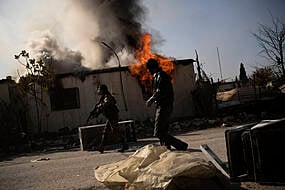They also said that support for the country’s recovery will need to come with reforms demanded by protesters.
International leaders, government officials and international organisations took part Sunday in the teleconference co-organised by France and the United Nations to send emergency aid to Lebanon.
We stand by the people of #Lebanon.
We pledged an additional €30 million in immediate support for Lebanon at the donor conference for Beirut and the Lebanese people.
This humanitarian funding comes on top of the €33 million already announced.
© MUSAR Poland State Fire Service— European Commission 🇪🇺 (@EU_Commission) August 9, 2020
US President Donald Trump was among the participants.
They issued a joint statement saying: “In these horrendous times, Lebanon is not alone.”
The conference was aimed at mobilising aid from Europe, the US and regional states to provide medicine, care, food, and housing.
The European Commission has pledged an additional €30 million (£27 million) .
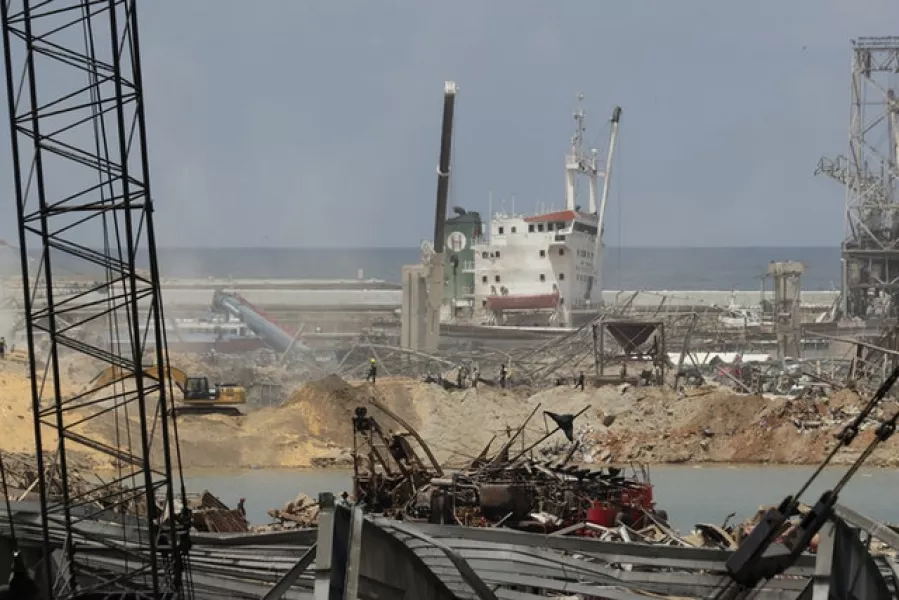
The Commission said in a statement it came on top of €33 million (£30 million) in emergency aid previously announced.
The new EU funding will be channelled to UN agencies, NGOs and international organisations and be strictly monitored, the statement said.
European Council president Charles Michel called during the conference for an “independent and credible” inquiry into the cause of the explosion and said that the European Union and its member states stood ready to assist.
During the conference Saudi Arabia’s foreign minister also called for a “transparent and independent investigation” into the blast.
I called on the Lebanese political authorities to work together, overcome their differences and drive reforms for the good of the people.
I reiterate the promise I made yesterday to the people in #Beirut:
You are not alone.
Europe is ready to act.
And you can count on us.— Charles Michel (@eucopresident) August 9, 2020
The Foreign Ministry’s Twitter account later quoted him as saying the kingdom offered its condolences and had sent 290 tons of aid to Lebanon.
It came as the head of the International Monetary Fund warned Lebanon will not get loans unless it reforms its government.
Kristalina Georgieva said: “Current and future generations of Lebanese must not be saddled with more debts than they can ever repay.”
She said the IMF requires “debt sustainability as a condition for lending” and added that “the financial system must be solvent” as well.
